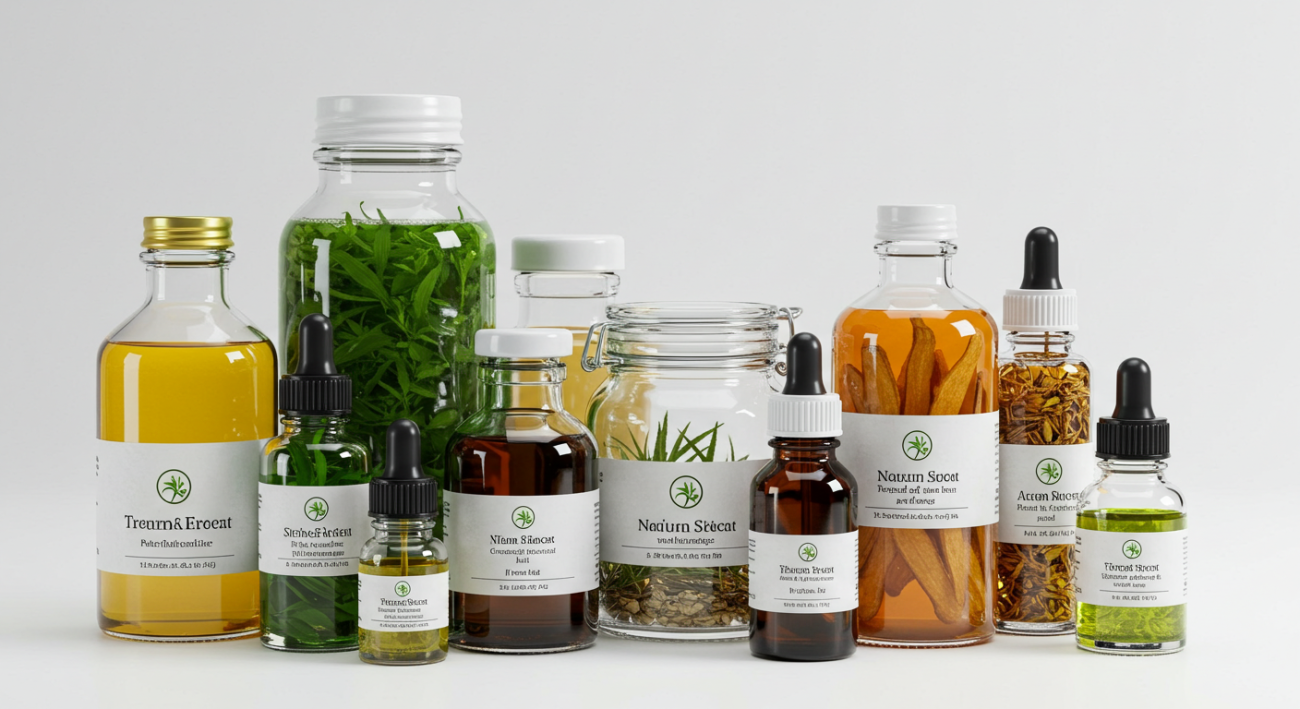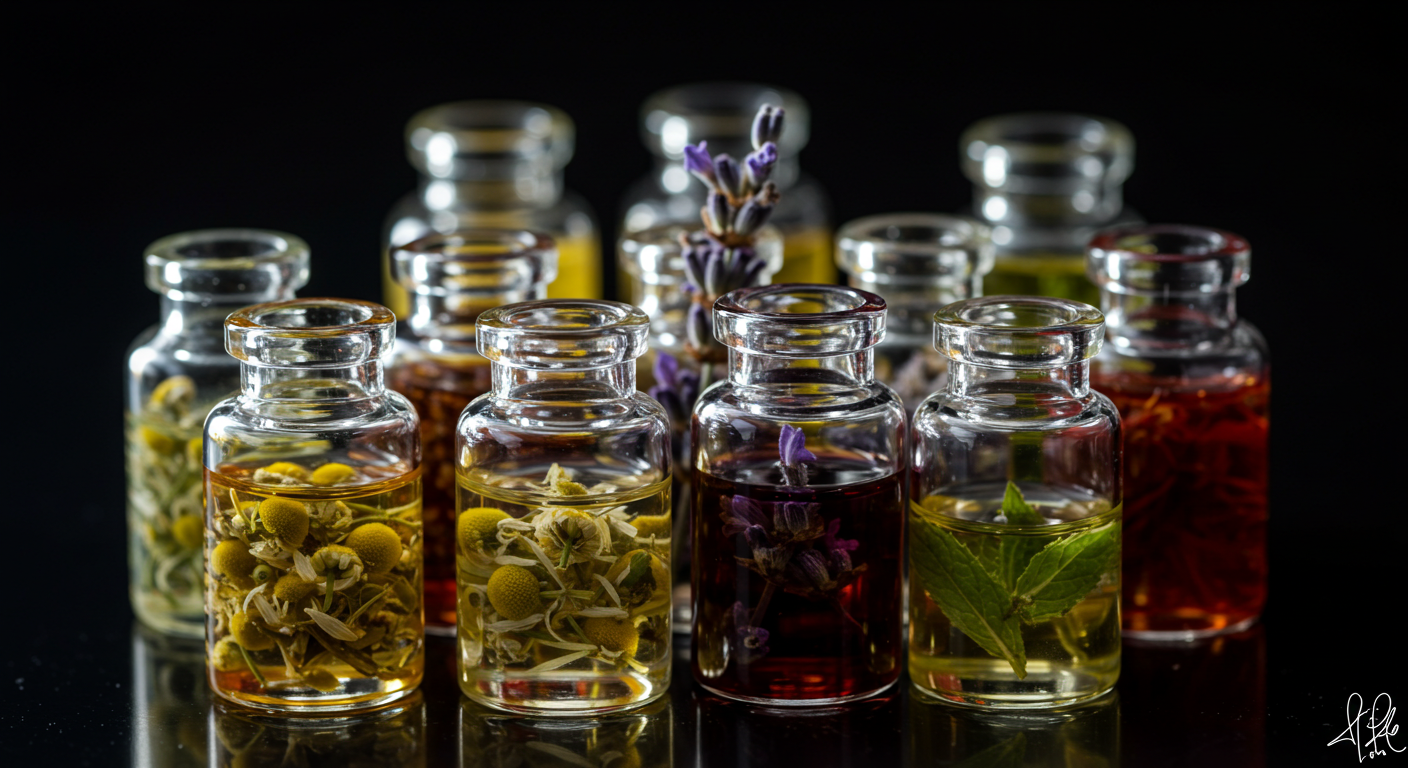Identifying the Supply and Demand of Chinese Plant Extracts
China is well-known across the globe for its ancient tradition and history in TCM. To add to the ancient wisdom, there is now a modern supply chain with GMP-certified TCM factories, ISO-compliant systems, and advanced extraction technologies. This combination of centuries-old knowledge along with modern technology has made Chinese plant extracts popular across industries.
- One major reason? The cost and scalability. Chinese suppliers do not compromise on quality, whether you’re purchasing small batches or looking for large industrial quantities. In addition, many manufacturers also provide organic-certified and conventional extracts, which helps aid the brands to select what best suits their market positioning.
- Moreover, OEM and private label services are also supported by China’s herbal ecosystem, which enables businesses to market ready-to-sell products. Most exporters have started providing COAs (Certificates of Analysis) and international safety standards, which ensure compliance regardless of the borders.
- Nonetheless, as global demand is increasing, there is a greater emphasis on safety. Buyers should be cautious of heavy metals, pesticide residues, and adulteration of ingredients. It is crucial to purchase from certified suppliers and check third-party lab results. Chinese plant extracts have their appeal, but need to be smartly sourced for them to be safe and successfully used.
Is it Safe to Consume Plant Extracts From China?
Plant extracts are used globally as ingredients in dietary supplements, cosmetics, pharmaceuticals, and functional foods. This aids Chinese manufacturing as they are easily sourced herbal ingredients due to China’s Traditional Chinese Medicine (TCM) dominion and supply chains. However, this benefits the Chinese manufacturers and raises concerns for health-aware consumers and industry buyers. Therefore, we must ask, are plant extracts from China safe for consumption?
Safeguarding Starts With Sourcing.
Ethical China manufacturer, B-Thriving, implements strict sourcing standards.
• Verified plant species
• Non-GMO, organic-certified raw herbs
• Sustainable and traceable harvest locations
• Compliance with TCM and the Chinese Pharmacopoeia
Some leading suppliers even offer documents proving raw material origins, which shows transparency.
Quality Control Procedures are Important
To ensure product safety and reliability, many Chinese herbal extract manufacturers follow:
• GMP: Good Manufacturing Practice of hygiene for pharmaceutical-grade
• ISO 9001 and ISO 22000: on quality and food safety
• HACCP: Hazard prevention in food production
• USDA Organic / EU Organic: certified natural
• COSMOS / Ecocert: clean beauty
These certifications help keep products contamination-free and prove compliance with international health standards.
Third-Party Laboratory Analysis & Quality Control
Trustworthy Chinese suppliers conduct thorough testing and documentation processing, such as:
• Analyzing each batch with a Certificate of Analysis (COA)
• Preparing safety data sheets (SDS)
• Conducting phytochemical screening for flavonoids, polyphenols, and alkaloids
• Conducting microbial tests like E. coli and Salmonella
• Conducting heavy metal tests for lead, arsenic, mercury, and cadmium
• Testing for residual solvents, particularly in ethanol-based extractions
• HPLC, UV-VIS, or GC-MS analysis
All these steps ensure that products are safe to consume at the specified levels.

Is There Regulation Surrounding Chinese Plant Extracts?
Yes. There are set regulations that apply to herbal extract manufacturers in China:
• The National Medical Products Administration (NMPA)
• Chinese Pharmacopoeia
• Standards of TCM on herb processing and packaging.
How to Recognize a Safe Supplier for Chinese Plant Extracts?
Are plant extracts from China safe for consumption? Quality varies across suppliers in China. It’s vital to thoroughly research your supplier. To identify effective herbal plant ingredients, ask for COA and third-party laboratory reports. These documents confirm that the extracts are safe to be used and verified free from heavy metals, pesticides, and microbes.
- In addition, check if the manufacturer has GMP (Good Manufacturing Practice) or ISO 9001/22000 certifications. These indicate that the prescriber’s factory is checking Marked and Brand requirements on a global level. Also, request Safety Data Sheets and toxicological evaluations to assess whether the ingredients are safe for human or dermal exposure.
- Assess the lack of treatment of the supplier traceability system—there should exist some proof and some paperwork on the whole journey of the raw material from the initial plant to the final processing stage. Definite QA/QC guidelines are very important for consistency from one batch to another.
- Lastly, check the supplier’s reputation on B2B sites such as Alibaba, Made in China, or Global Sources. Seek out positive feedback, good response time, and verified documents.
- Trustworthy suppliers will pride themselves on being proactive and extremely detailed when providing documentation. If they provide half or unrequested documentation, run. This will help protect their brand reputation and ensure safety and quality.
What Should to Consider When Using Chinese Herbal Products?
Chinese herbal products are popular due to the perceived benefits to one’s health; however, safe use is a critical concern. Such knowledge is important, that no matter whether you are a manufacturer, wholesaler, or end user, as it aids in safeguarding them from toxins and low-grade substances.
- Begin by asking your supplier for a Certificate of Analysis (COA). This document should assure you that the product does not contain heavy metals, pesticide residues, microbial contamination, or solvents. Only COAs from accredited third-party laboratories should be trusted.
- Also, check if the manufacturer is holding reputable certifications such as GMP, ISO 22000, HACCP, USDA Organic, or EU Organic. These certifications guarantee that the herbs are processed under strict hygiene and exacting quality control measures.
- It is important to note the batch numbers, expiry dates, traceability records, and Safety Data Sheets (SDS). Good suppliers offer full documentation to back up their claims, including clear sourcing information. Avoid products with vague labels, a lack of ingredient disclosure, or unrealistic health claims. Confirm the dosage guidance and ensure it meets regulatory requirements for the region.
- With suitable verification, Chinese herbal extracts can be enjoyed with confidence. The source of food, supplements, and cosmetics calls for meticulous attention to quality, documentation, and trusted sources to ensure safe use.
Industries That Require High Quality Extracts
- Some industries cannot tolerate any contamination at all:
- Nutraceuticals (herbal capsules, tablets, and powders);
- Pharmaceuticals (APIs and botanical-based formulations);
- Cosmetics (plant-tinted serums and toners, and creams);
- Functional Foods (herbal beverages, bars, and teas);
- Aromatherapy and Wellness (essential oils and oil blends)
In these industries, brand reputation is sensitive to product recalls or extracts of low quality.
Conclusion:
Are plant extracts from China safe for consumption? Plant extracts from China can be safe, potent, and reliable when produced in controlled conditions. The supplier must be looking for documented quality control and compliance, critical testing procedures, and post-manufacturing certification. Don’t take the easy route. Reliable suppliers provide documents, certificates, and a good track record. At B-Thriving, we work with GMP-certified, third-party tested providers to ensure every extract is produced to top standards globally.

